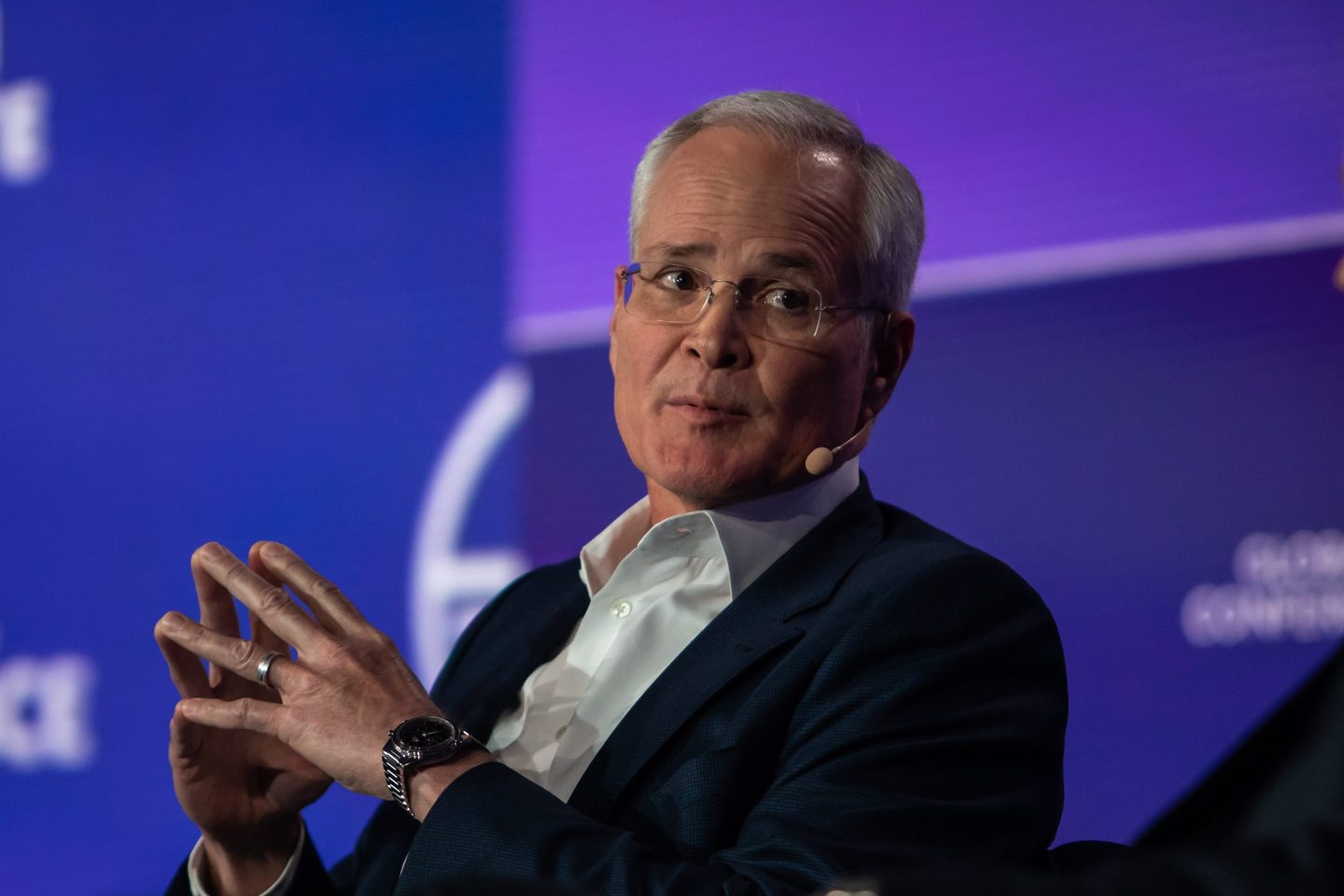Good morning!
Flexible work. It’s a topic some leaders are tired of talking about, but job candidates just can’t get enough of—especially job candidates from underrepresented backgrounds. Just ask LinkedIn. The professional networking site has witnessed a steady decline in postings for remote jobs over the past five months, while at the same time there has been a noted increase in interest in remote roles among Black and Latino job applicants. It’s a phenomenon some are referring to as “the great remote work mismatch.”
A recent analysis of LinkedIn data found that while remote postings have dropped, there was a 16% increase in the share of Latino applicants and a 17% increase in the share of Black applicants applying for remote jobs on the site from January 2019 to October 2022. And the increase was even greater among women. Over the past two years, there has been a 33% increase in the share of Latinas applying for remote jobs and a 27% increase in the share of Black women seeking to secure more flexible work options.
And not only are they applying at higher rates, but they’re also getting hired. LinkedIn’s analysis found there’s been a 5% increase in the number of confirmed hires for Latino applicants and a whopping 24% increase for Black applicants for remote jobs. The trend offers a clear signal for employers looking to build out their DEI and belonging strategies for the coming year, says LinkedIn’s chief people officer Teuila Hanson.
“It creates an interesting opportunity for a lot of organizations who are still embracing remote work to tap into these amazing talent pools,” she told Fortune. “And I think it’s also an opportunity for other organizations that are pulling back on remote jobs to really understand what that’s doing in terms of their overall [talent] pools.”
LinkedIn itself, Hanson says, has seen the benefits flexible work can have on DEI. The company shifted to a flexible work model in 2021 and observed a 127% increase in the number of Black senior-level employees, and a 74% increase in the number of senior Latino employees since 2020, according to its latest Workforce Diversity Report.
“Ultimately what this means is that remote work [and] flexible work is here to stay. Especially if you really have an intentional diversity, inclusion, and belonging or equity strategy,” says Hanson. “You’re trying to continuously understand how you can attract and retain diverse talent.”
Amber Burton
amber.burton@fortune.com
@amberbburton
Reporter's Notebook
The most compelling data, quotes, and insights from the field.
“I believe flexibility is here to stay, even though it might not look exactly as it does today. We believe deeply in the value of coming together in person but want to give employees the flexibility they need. We expect our hybrid work model to evolve.” —John Casey, VP of global benefits and future of work at Google
Around the Table
A round up of the most important HR headlines, studies, podcasts, and long-reads.
- Britain faces a raft of labor strikes in critical infrastructures like nursing and railroad operators, as employees demand pay increases amid a cost of living crisis. New York Times
- New York Times employees will stage a walkout on Thursday after negotiations between the paper’s employee union and management broke down. CNN
- With office jobs still plentiful, talk of a “white collar recession” may be overblown. The Economist
- Employers who operate with a human-centric culture and treat employees as people rather than resources are almost four times as likely to be high-performing, according to a study from Gartner.
- An activist investor called for BlackRock CEO Larry Fink to step down over his focus on ESG investing at the asset manager. CNBC
Watercooler
Everything you need to know from Fortune.
Not getting any older. The first global decline in life expectancy since World War II is reshaping the workforce. —Matt Heimer and Nicolas Rapp
Free childcare. A ski resort in Colorado offers employees free childcare. It may be the blueprint for the future, as parents struggle to find daycares and preschools for their children. —Megan Leonhardt
No need for layoffs. Instead of laying off employees, Bank of America CEO Brian Moynihan prefers to simply leave open positions unfilled. “We have an ability to reshape our headcount pretty quickly just by the turnover that occurs,” he said. —Sophie Mellor
This is the web version of CHRO Daily, a newsletter focusing on helping HR executives navigate the needs of the workplace. Today’s edition was curated by Paolo Confino. Sign up to get it delivered free to your inbox.












